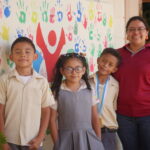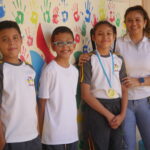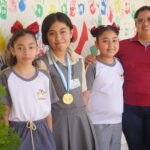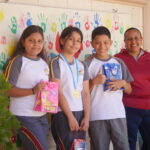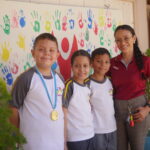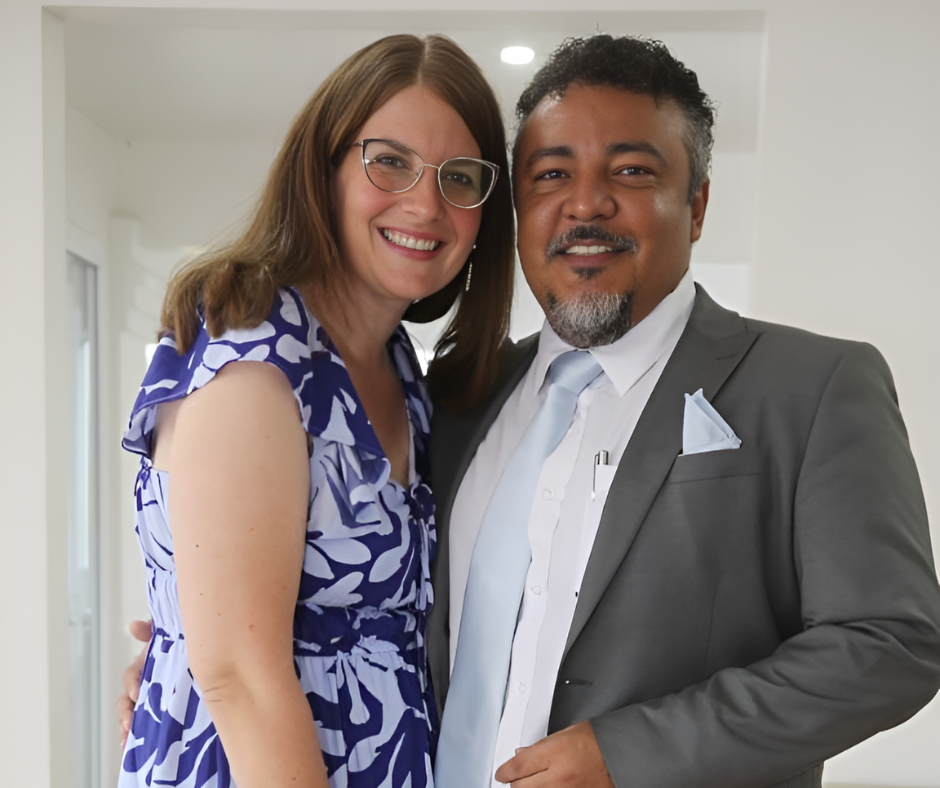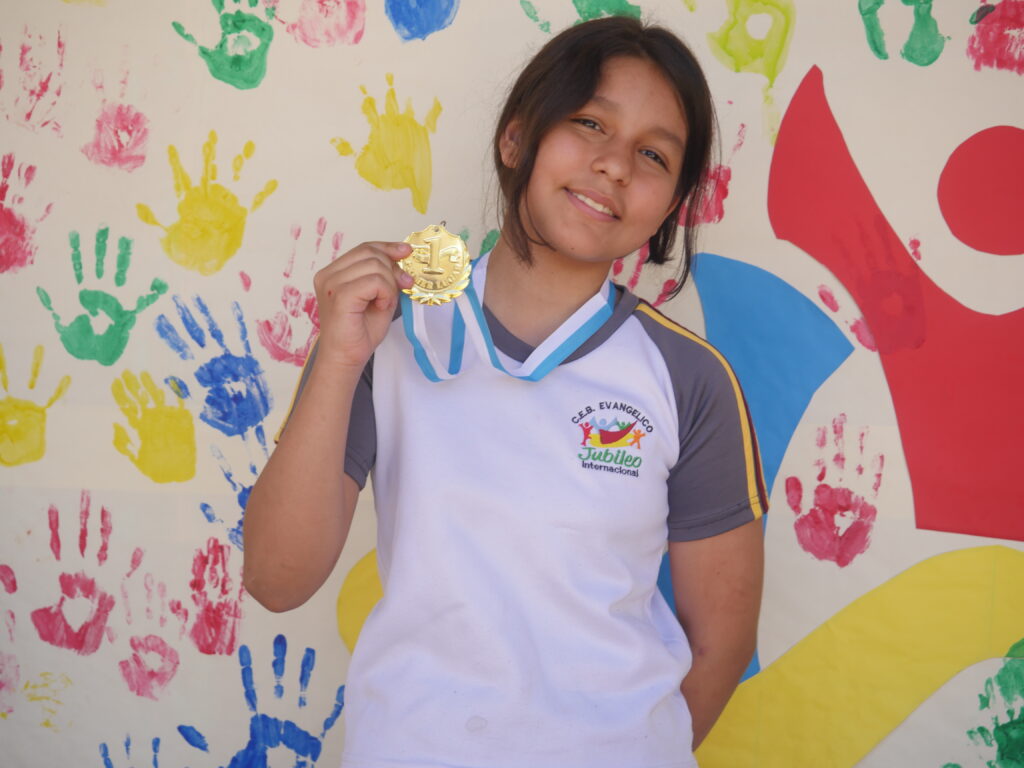
Interschoolar Spanish Spelling Bee

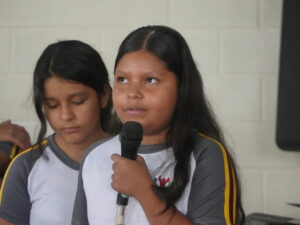
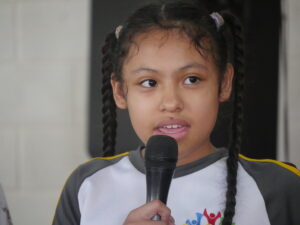
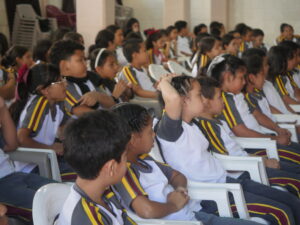
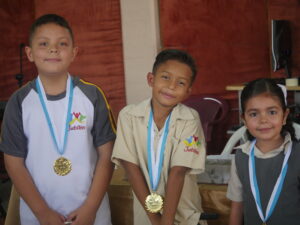
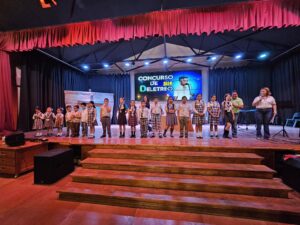
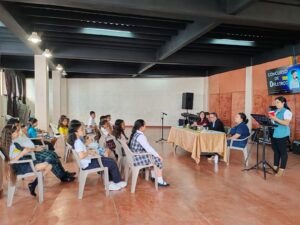

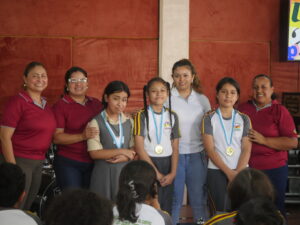
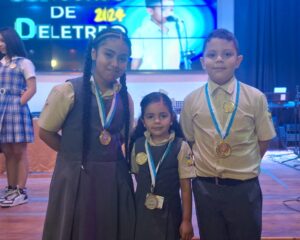
Read more...
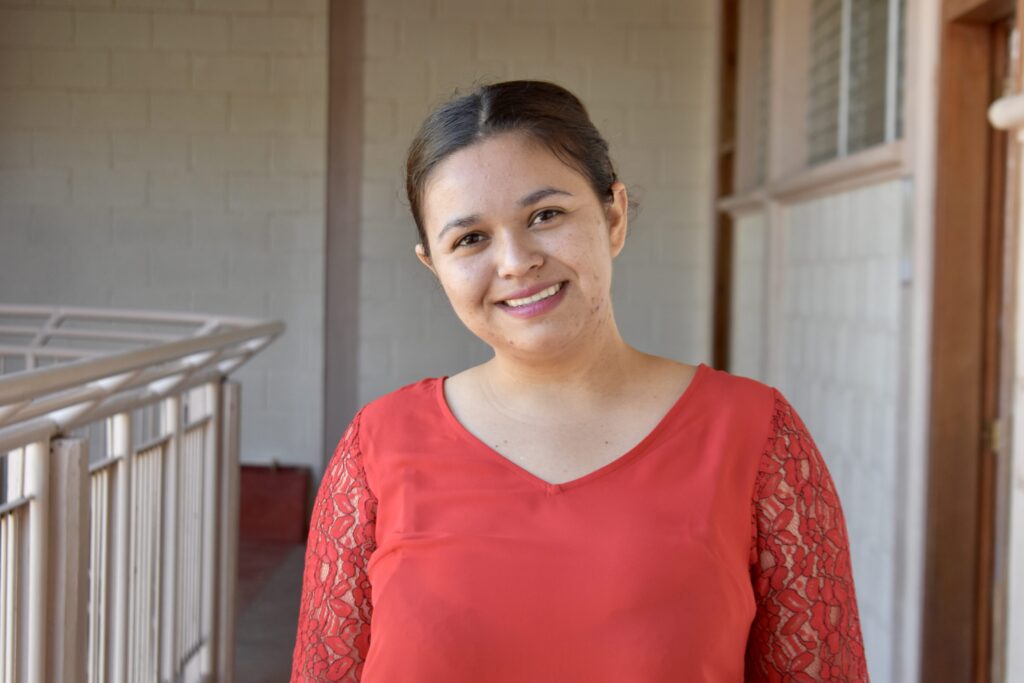
Getting to Know Ms. Keyla

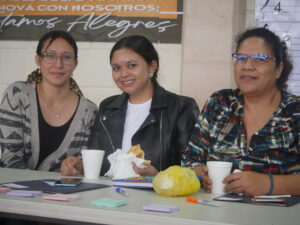
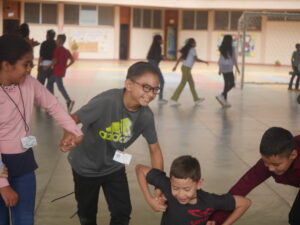
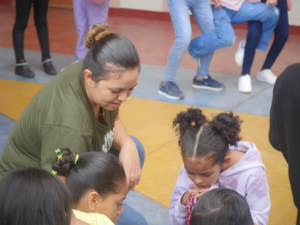
On a personal level, moving from her small town to the city was not easy for Ms. Keyla. She recalls how challenging it was to adapt to the new environment but is grateful for the support she received. “The support from the director and pastors, guided by the Holy Spirit, was crucial in overcoming this challenge. My faith is always in the Lord, and I am excited to know that He takes care of us even in the smallest things.”
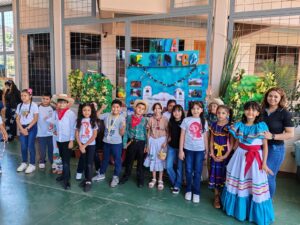
Read more...

Talent Night at Jubilee





The Importance of Nurturing God-Given Talents
God has given each of us unique gifts and talents. In 1 Peter 4:10, the Bible reminds us, “Each of you should use whatever gift you have received to serve others, as faithful stewards of God’s grace in its various forms.” These talents are not just for personal gain; they are meant to be invested in the Kingdom of God. When children discover and develop their talents, they not only grow personally but also contribute to their communities and the greater mission of spreading God’s love.




Encouraging Growth and Investment

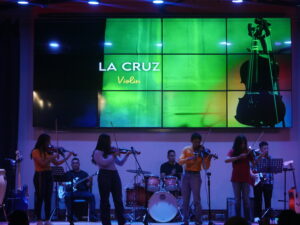


Read more...

Meet Diego Medina: A Living Miracle

Read more...
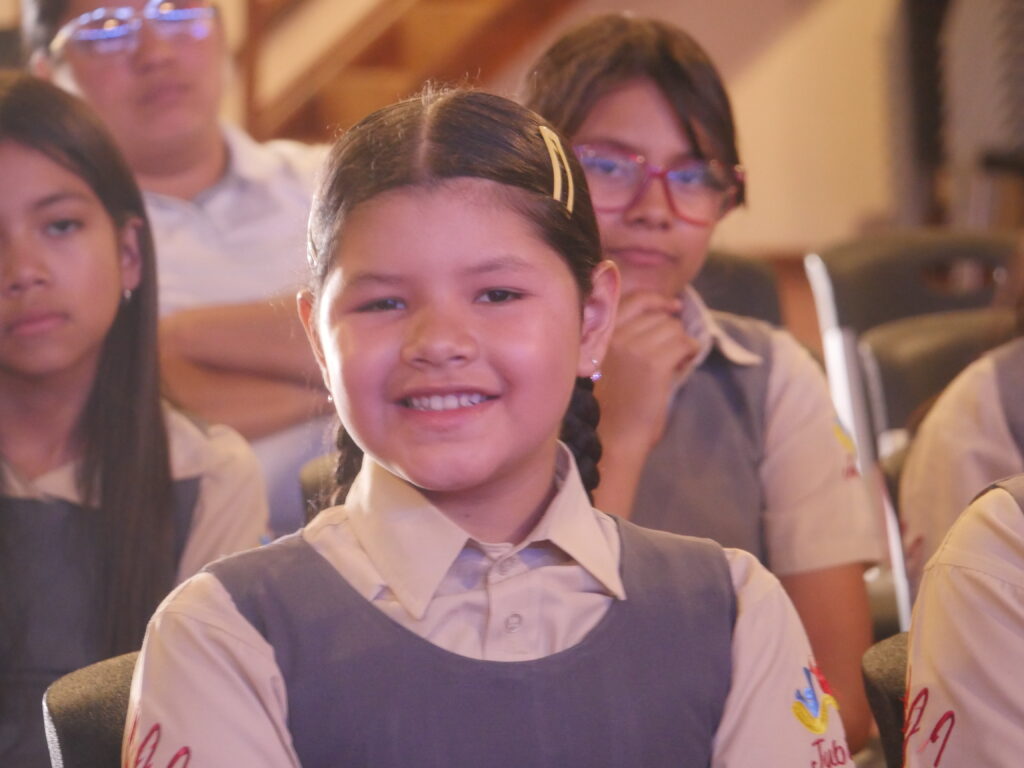
FRUIT THAT WILL LAST- DEVOTIONAL TIME AT JUBILEE

“You did not choose me, but I chose you and appointed you so that you might go and bear fruit—fruit that will last—and so that whatever you ask in my name the Father will give you.” – John 15:16 (NIV)
This verse deeply moves us, reminding us that it was not we who chose the Lord, but He who chose us. Our lives and our legacy are important to Him. During the devotionals at Jubilee, we have observed how the Lord chooses certain children and reveals His powerful presence to them.

The Importance of Devotionals
Teaching the scriptures of Jehovah is not just a liturgical practice at Jubilee. During each devotional, we aim to lead the children and youth to a genuine encounter with the Lord, one that reaches deep into their hearts and becomes a fruit that remains in them. This helps them mature in their relationship with the Lord, impacting their families, neighbors, and all the members of their community.




The devotional time not only fills the students with the word but also fills the teachers and staff. Every Wednesday, after the school day ends, the Jubilee team holds a devotional. This time is like a refreshing drink amidst the busyness of the workweek.
WE ARE ONE BODY

Read more...
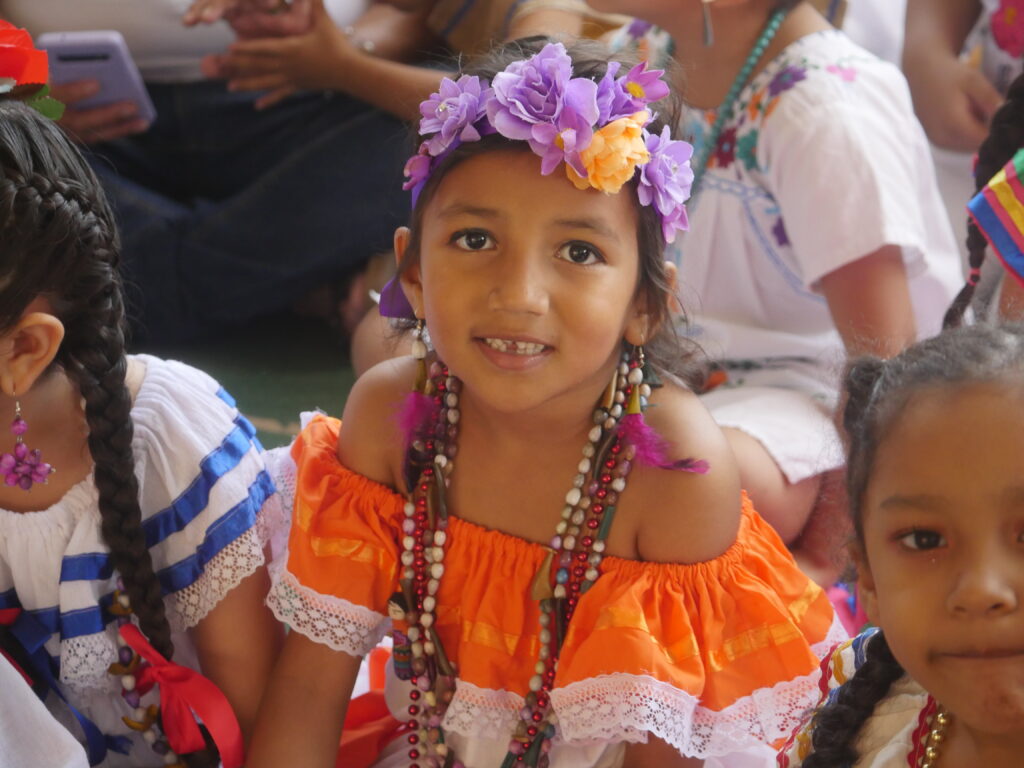
Cultural Fair – Rich Culture of Francisco Morazán Department

Our recent cultural fair at Jubilee celebrated the diversity and richness of Francisco Morazán’s municipalities. It’s a department brimming with history, culture, and natural beauty. Located in the central part of the country, Francisco Morazán is more than just its capital, Tegucigalpa, which is also the national capital. This department offers a unique blend of tradition and modernity, with stunning landscapes, rich cultural heritage, and a vibrant urban life.
1. Curarem


2. San Isidro



3. El Porvenir



4. Tatumbla


5. Cantarranas


6. Valle de Ángeles



7. Ojojona



Experience Honduran Culture!
Read more...
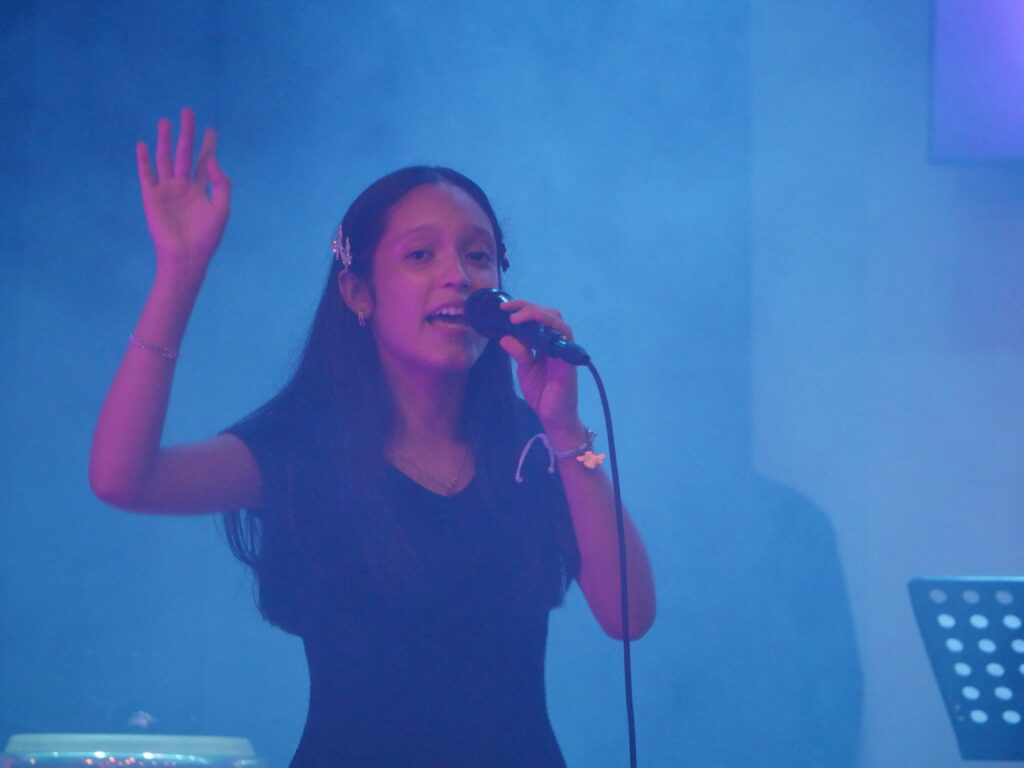
The 2024 Music Recital




- Violin: Our young violinists played with grace and precision, their pieces of art.



- Saxophone: The saxophonists filled the room with smooth, resonant tones, showcasing their mastery of this complex instrument.



- Flute: The flutists enchanted us with their clear, bright notes, a testament to their hard work and practice.











Read more...

Turning Trash into Treasures – Recycling Fair

The event emphasized the importance of recycling and sustainability, encouraging students to think creatively about how to repurpose everyday items. Each grade presented their unique creations, showcasing their hard work and innovative ideas. The highlight of the day was the fashion show, where students walked the runway in outfits made entirely from recycled materials.












This recycling fair was not only a showcase of creativity but also a valuable learning experience for everyone involved. It taught students that with a bit of imagination, everything can have a new purpose and contribute to a more sustainable world.
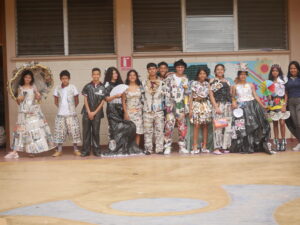
Read more...

Sharing our indigenous culture!

The Ethnic Groups of Honduras: A Cultural Treasure
Originating from the Atlantic coast, the Garífunas are known for their vibrant music and dances, such as Punta. They are Afro-Caribbean heritage and their typical attire includes colorful skirts and embroidered shirts. In Garífuna cuisine, there are many delicious dishes, with the most famous being “sopa de caracol”.
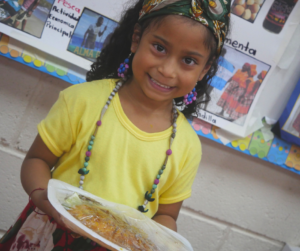
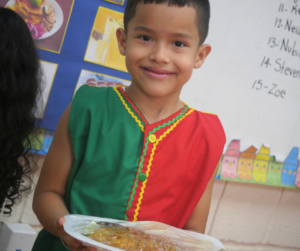
Located in the region of La Mosquitia, the Miskitos have a very close relationship with nature. Their traditional costumes are made from natural fibers, and their cuisine includes dishes like Kasabe, a type of yuca tortilla commonly eaten with a stew of meat and plantain.


The Lencas, the largest indigenous group in Honduras, are found in the mountains of the western part of the country. Their clothing is colorful and adorned with geometric patterns. Among their typical dishes are montucas, which are sweet corn dough wrapped in leaves and filled with chicken or pork.


Living in the mountains of central Honduras, the Tolupanes keep their ancestral traditions alive. Their attire includes long, colorful tunics, and their diet is based on corn, beans and rice.


5. The Mayas


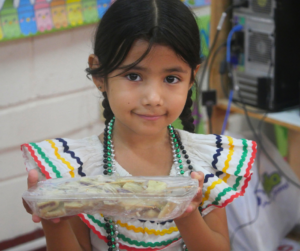

Read more...

